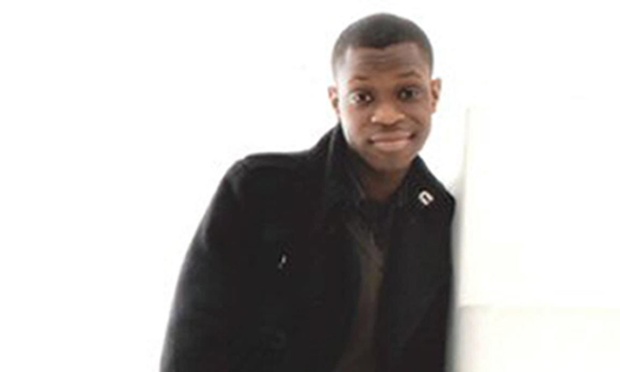Prosecution says Jeffrey Okafor, accused of murdering Carl Beatson Asiedu in 2009, phoned a woman and told her he had been involved in a ‘madness’
A man accused of stabbing a CBBC presenter to death confessed to a girlfriend and then fled to Nigeria on his brother’s passport, a court has heard.
Jeffrey Okafor, 24, of East Dulwich, south-east London, is accused of murdering 19-year-old Carl Beatson Asiedu outside a nightclub in the summer of 2009.
Opening the trial, Sarah Whitehouse QC, prosecuting, told Woolwich crown court that the stabbing had taken place after a crowd of young people spilled out of Club Life near Vauxhall station in south London.
Three people were specifically targeted, including Asiedu, who appeared in the CBBC children’s series MI High.
Two of them survived but, Whitehouse said, “Carl Beatson wasn’t so fortunate.” She said Okafor was part of a larger group who attacked a smaller group during the incident on 1 August 2009.
As well as appearing in the CBBC show, Asiedu had also helped to form a music group called Kid’n’Play and was known as Charmz. The musician, whose group was often booked to play at nightclubs in London and Leicester, performed with his friend at Club Life that night at an event called Summer Vibz.
After their performance, they stayed and had some drinks. Whitehouse told the jury the victim had had very little alcohol and said it did not appear that drink had played any part in the violence that unfolded when they left the club.
Asiedu was attacked after leaving the club. Efforts to revive him were unsuccessful and he was pronounced dead at the scene, the court heard. A pathologist concluded the cause of death was a single stab wound to the front of the chest.
“After the attack, Jeffrey Okafor actually confessed to a girlfriend that he had stabbed Carl Beatson,” Whitehouse said. Within about an hour of the attack, he phoned a girlfriend and told her he had been involved in a “madness”, the court heard.
A few days later he allegedly told the same woman he had stabbed Charmz in the stomach and gave her a pair of black gloves, asking her to look after them. Whitehouse said those gloves had been passed to police, and DNA which may have come from the victim was on one of the gloves.
The defendant also phoned and asked the woman to put a T-shirt “into a plastic bag and put it into a bin in the road”, the jury heard.
Later that day, when he returned home, Okafor seemed agitated and said: “I’m going down” and “The Feds are going to be on to me”, Whitehouse told the court.
On 13 August police went to his home address, planning to arrest him and search the house for any evidence relating to the murder. But Okafor was not at the address, having escaped as the police arrived, the jury heard.
Whitehouse said he had lain low for a time and then early on 17 August 2009 he took a flight from Heathrow to Lagos, using his brother’s passport.
He was extradited from Nigeria in November 2014. He denies murder.
The trial was adjourned until Wednesday morning.








